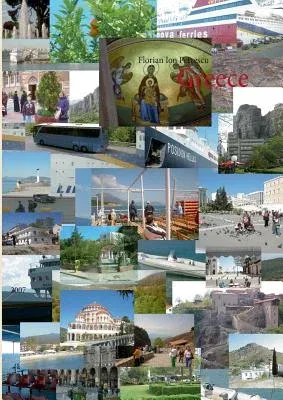Greece, officially the Hellenic Republic, and historically Hellas or the
Republic of Greece in English, is a country in Europe. Although
geographically located at the continent's southeast, it is generally
included in Western Europe. Greece has land borders with Albania, the
Republic of Macedonia and Bulgaria to the north, and Turkey to the east.
The Aegean Sea lies to the east of mainland Greece, the Ionian Sea to
the west, and the Mediterranean Sea to the south. Greece has the twelfth
longest coastline in the world at 13,676 km (8,498 mi) in length,
featuring a vast number of islands (approximately 1,400, of which 227
are inhabited), including Crete, the Dodecanese, the Cyclades, and the
Ionian Islands among others. Eighty percent of Greece consists of
mountains, of which Mount Olympus is the highest at 2,917 m (9,570 ft).
Modern Greece traces its roots to the civilization of ancient Greece,
generally considered the cradle of Western civilization. As such, it is
the birthplace of democracy, Western philosophy, the Olympic Games,
Western literature and historiography, political science, major
scientific and mathematical principles, Geography, Biology, university
education, coinage, and Western drama, including both tragedy and
comedy. This legacy is partly reflected in the seventeen UNESCO World
Heritage Sites located in Greece, ranking Greece 7th in Europe and 13th
in the world. The modern Greek state was established in 1830, following
the Greek War of Independence. A developed country with an advanced,
high-income economy and very high standards of living, Greece has been a
member of what is now the European Union since 1981 and the eurozone
since 2001, NATO since 1952, and the European Space Agency since 2005.
It is also a founding member of the United Nations, the Organization for
Economic Co-operation and Development, and the Organization of the Black
Sea Economic Cooperation. Greece is the largest economy of the Balkans.
Athens is the capital and the la


